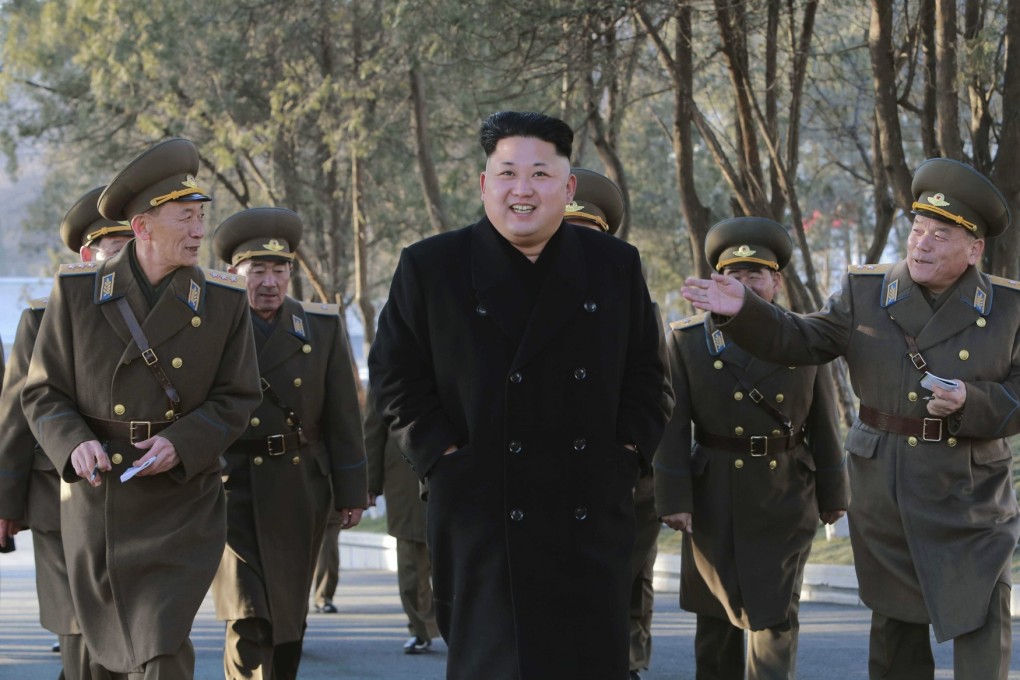If Kim regime falls in North Korea, who will pick up the pieces?
Kent Harrington and Bennett Ramberg say key players must be prepared

In the past few months, North Korea has again displayed remarkable temerity. First, the regime threatened to conduct more nuclear tests if the UN does not withdraw its recommendation to prosecute the country's leaders for crimes against humanity at the International Criminal Court. Moreover, US officials claim that the regime mounted a clandestine cyberattack on Sony Pictures, allegedly over objections to The Interview, a slapstick movie premised on an assassination attempt against North Korea's leader, Kim Jong-un.
Then, in yet another melodramatic twist, Kim offered in his New Year's address to resume talks with South Korea.
The Kim regime's actions obviously merit consideration. But they should not divert attention from the real risks on the Korean Peninsula: Kim's uncertain grip on power and the dangers that could be unleashed should his regime fall apart. Indeed, none of the region's key strategic players - China, the US and South Korea - seem to be adequately prepared for such a scenario.
That needs to change. Crucially, the long-standing presumption that the US should take the lead in responding to what happens in North Korea also needs to be reconsidered.
The North's behaviour almost certainly reflects mounting turmoil among the elite. For more than a year, the regime has been carrying out a purge of high-level officials, beginning with the execution of Kim's uncle, Jang Song-taek, in 2013. Subsequent executions of Jang's entourage and advisers attest to the level of alarm in Kim's inner circle.
The elevation of Kim's inexperienced sister, Kim Yo-jong, to a senior post, is another indication of growing anxiety.
The potential for instability has not gone unnoticed in China. An article published late last year in the official media by a prominent retired People's Liberation Army general describes the North Korean regime as terminal, a clear sign that China's leaders are debating how deeply they can afford to be drawn in if the regime collapses.